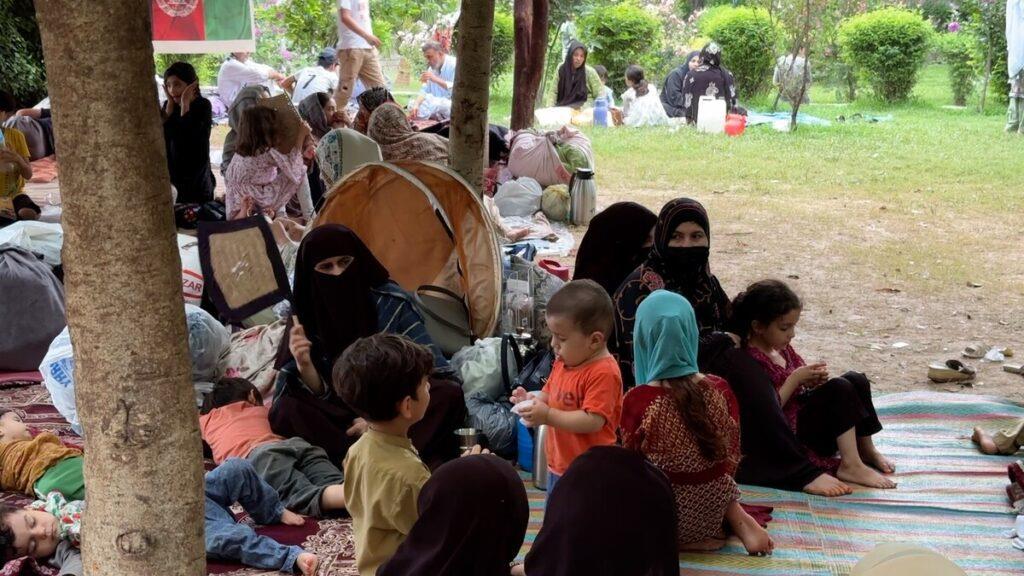UNHCR Urges Pakistan To Halt Deportation Of Vulnerable Afghan Refugees
The United Nations High Commissioner for Refugees (UNHCR) has called on Pakistan to stop deporting vulnerable Afghan asylum seekers and ensure they receive international protection. The agency stressed that identifying those at risk is essential to preventing further humanitarian suffering.
Speaking from Geneva on September 12, UNHCR representative for Afghanistan Arafat Jamal appealed to Islamabad not to expel Afghans who require protection. He noted that the UN refugee agency was ready to cooperate with Pakistani authorities to identify and safeguard the most vulnerable groups.
Jamal also warned that without fresh funding, the UNHCR would be unable to sustain its life-saving support to Afghan families struggling with overlapping crises. He said the agency had updated its regional appeal and was seeking $258.6 million to address urgent needs.
The appeal comes amid an accelerating wave of returns. Nearly 100,000 Afghans reportedly crossed back from Pakistan during the first week of September alone, creating additional pressure on Afghanistan's already fragile economy and limited public services.
International relief agencies have expressed alarm, warning that the sudden influx of returnees is stretching humanitarian capacity. With severe food shortages, limited shelter, and weak health systems, Afghanistan remains ill-prepared to absorb such high numbers.
Meanwhile, UNHCR has suspended cash assistance to Afghan returnees after the Taliban banned women from working in UN offices. Jamal explained that the move was an operational necessity, not a punitive measure, as many services cannot function without female staff.
According to UN estimates, more than 2.6 million Afghan migrants have been deported from neighboring countries since the start of 2025. The figure underscores the immense scale of forced displacement and the urgent need for regional and international cooperation.
The UNHCR appeal highlights the growing pressure on Pakistan to balance domestic priorities with humanitarian obligations. Without sustained global funding and support, both Pakistan and Afghanistan risk deeper instability, leaving refugee families trapped in worsening hardship.
ShareFacebook Twitter WhatsApp Email Print Telegram
Legal Disclaimer:
MENAFN provides the
information “as is” without warranty of any kind. We do not accept
any responsibility or liability for the accuracy, content, images,
videos, licenses, completeness, legality, or reliability of the information
contained in this article. If you have any complaints or copyright
issues related to this article, kindly contact the provider above.
Most popular stories
Market Research

- What Does The Europe Cryptocurrency Market Report Reveal For 2025?
- United States Kosher Food Market Long-Term Growth & Forecast Outlook 20252033
- Utila Triples Valuation In Six Months As Stablecoin Infrastructure Demand Triggers $22M Extension Round
- Meme Coin Little Pepe Raises Above $24M In Presale With Over 39,000 Holders
- FBS Analysis Highlights How Political Shifts Are Redefining The Next Altcoin Rally
- 1Inch Becomes First Swap Provider Relaunched On OKX Wallet






















Comments
No comment